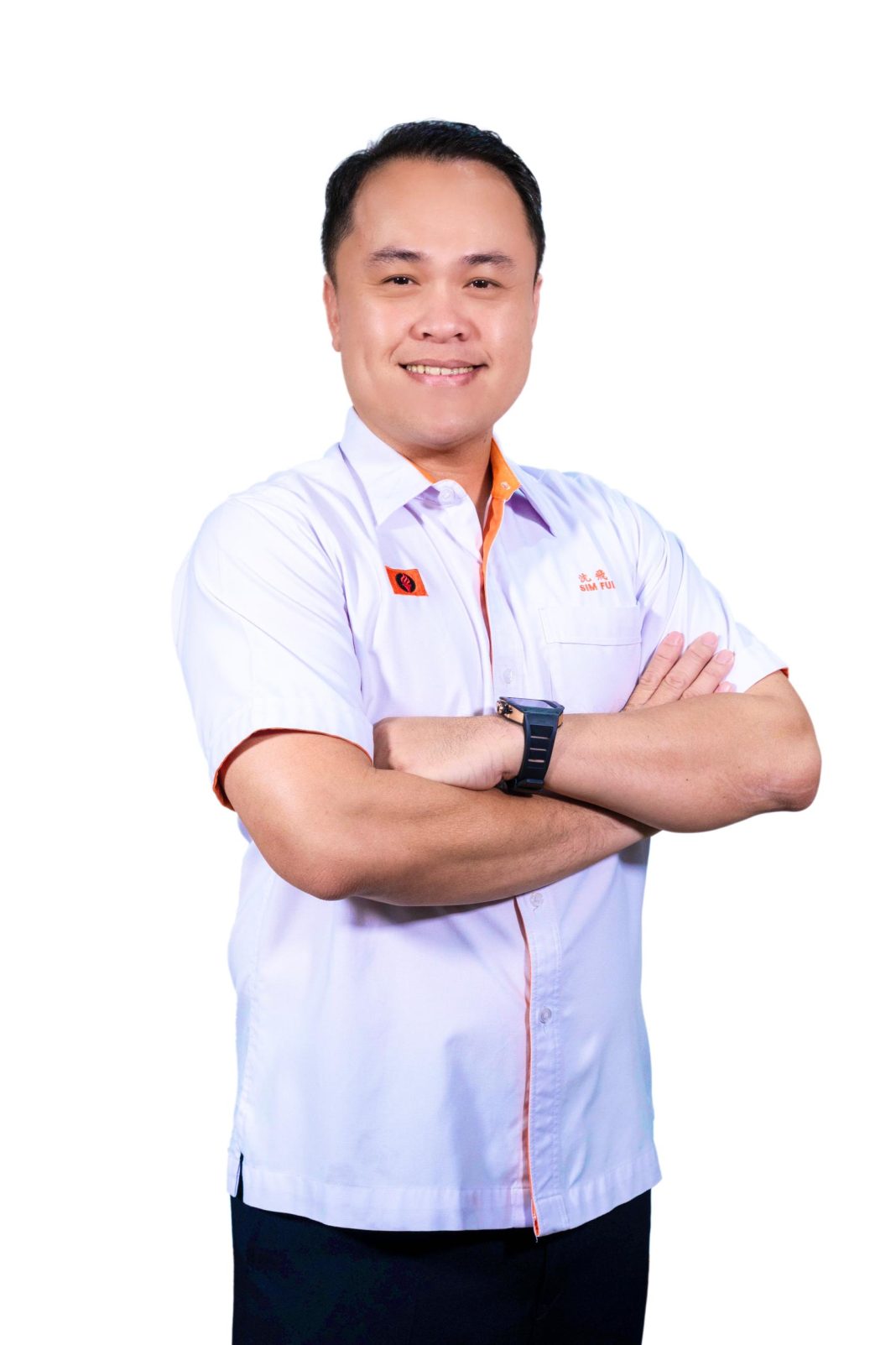KOTA KINABALU: The Vice President of the Liberal Democratic Party (LDP), Sim Fui, has voiced significant concerns over the growing parking shortages at two government hospitals in Kota Kinabalu. He pointed out that this crisis not only inconveniences patients and their families but also disrupts the workflow of medical personnel, ultimately affecting the efficiency and quality of healthcare services.
Sim emphasised that addressing hospital parking issues is crucial for improving overall healthcare services and optimising the patient experience. He has urged the Federal Ministry of Health to take swift and decisive action to tackle this pressing challenge.
In his analysis of the parking shortage, Sim identified several key contributing factors. Firstly, many urban hospitals are located in densely populated areas where land scarcity makes it difficult to expand parking facilities. Additionally, the rising demand for healthcare services has led to hospital parking areas operating beyond their intended capacities.
Inefficient parking management has also compounded the problem, as poor utilization of existing spaces, with some being occupied for lengthy periods, reduces availability during peak hours. Meanwhile, inadequate public transportation options around hospitals force patients and their families to rely on personal vehicles, and outdated hospital designs did not anticipate future increases in vehicle traffic, leading to facilities that are now insufficient.
To address these challenges, Sim has proposed several actionable solutions. He advocates for the expansion and optimization of parking facilities, suggesting the construction of multi-story or underground parking structures to better utilize available land.
Moreover, partnerships with nearby commercial or public establishments could facilitate shared parking resources, alleviating congestion. The implementation of smart parking solutions is also critical, including real-time parking information displays to assist drivers in finding available spaces and a reservation system to better manage demand during peak times.
Sim also calls for enhanced public transportation connectivity, proposing additional bus routes or shuttle services to improve access to hospitals. Incentives for patients and families who opt for public transportation over personal vehicles could further alleviate parking pressure.
Increasing parking turnover efficiency is another proposed solution. Implementing short-term free parking policies could encourage quicker vehicle turnover, while higher fees for long-term parking could improve space availability. Promoting green transportation through secure motorcycle parking and advocating for environmentally friendly practices is equally important.
Encouraging a tiered healthcare model that directs non-emergency patients to clinics instead of major hospitals like Queen Elizabeth Hospital (QEII) would help reduce traffic and parking issues.
Sim has stressed that solving the parking crisis requires collaboration among hospitals, government agencies, businesses, and the public.
He urges the federal government to formulate special policies that subsidise the expansion and optimisation of hospital parking facilities while supporting the implementation of innovative smart parking solutions. He also calls for the public to engage responsibly with parking resources, minimising unnecessary vehicle entries into hospital premises. Furthermore, hospital management must strengthen their practices and collaborate with law enforcement to enforce traffic regulations and prevent illegal parking, ensuring that emergency vehicles remain unobstructed.
Sim expressed confidence that providing adequate parking for patients, families, and the general public would significantly reduce roadside parking, a major contributor to traffic congestion. He also urged hospital management to work alongside traffic police to implement strict penalties for violators, to ensure that emergency medical services are not delayed.
He called for the federal government to address this long-standing issue and to revamp parking solutions across all government hospitals in Sabah. Through scientific planning and multi-stakeholder collaboration, a more convenient and comfortable medical environment can be created for citizens.
Sim affirmed that LDP will remain vigilant on this issue, urging the government to implement relevant policies and engage with various sectors to achieve the vision of high-quality medical services.-pr/BNN






